The Standard American Diet (S.A.D.) is more than just gloomy. It is killing you slowly, but surely. Here are six reasons to ditch your S.A.D. diet and what to eat and drink instead.
1) Diet Sodas Are Confusing Your Hormones
That zero-calorie beverage may seem appealing at first glance, but artificial sweeteners have more intense flavors than real sugar, so they trick your body into craving refined sugar instead of being happy with foods like fruit that are naturally sweet.
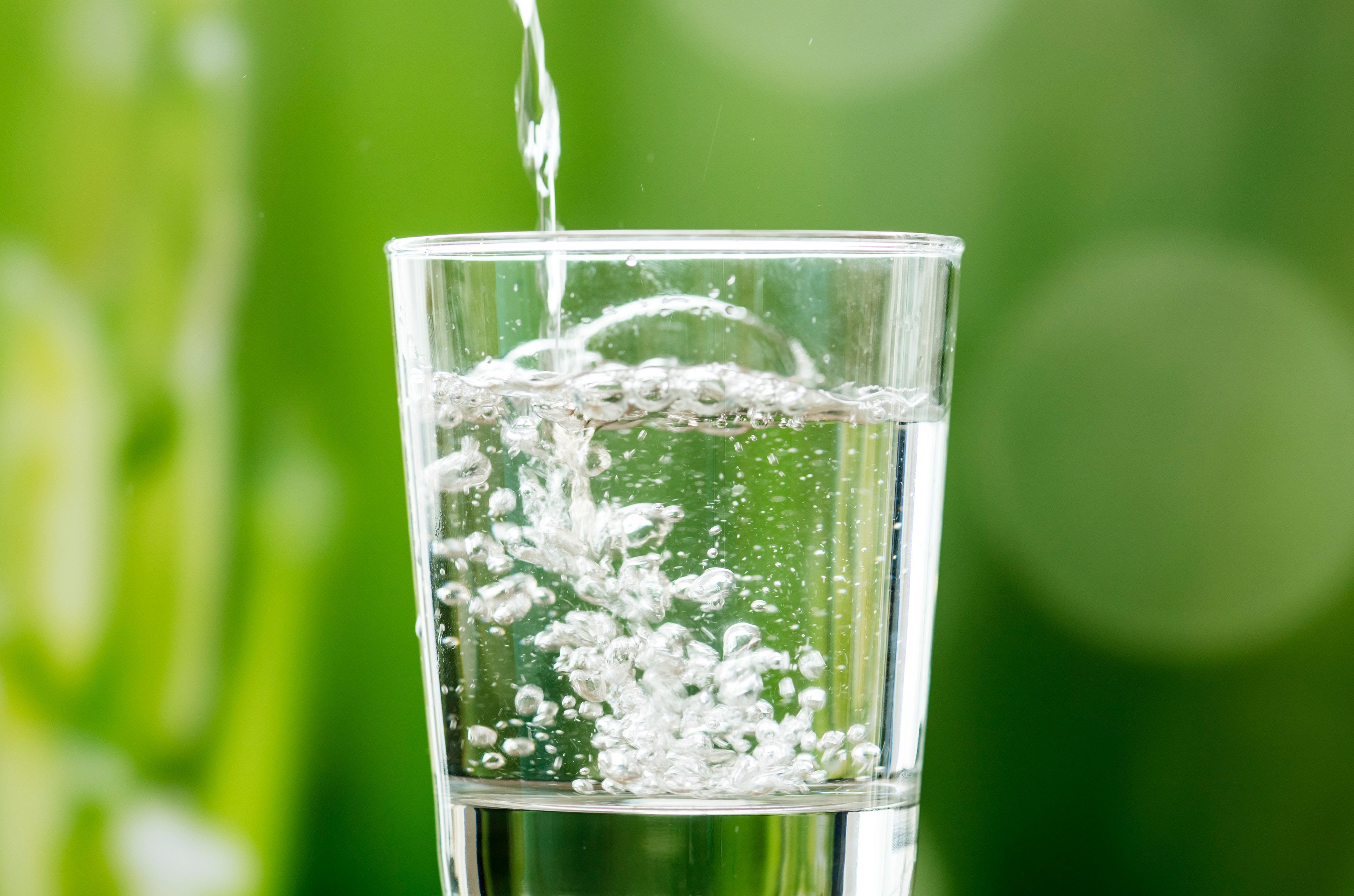
Aspartame, saccharin, and sucralose are all chemical in nature, which means they are also interfering in your body’s satiety signals. These chemicals are known endocrine disruptors, which interfere1 with developmental, reproductive, neurological, and immune system regulation.
Fake sugars make you want to eat more and cause you to gain weight, too. So, while you may be consuming fewer calories in “diet” soda, you’re likely going to want to binge on cakes and cookies later.
WHAT TO DO INSTEAD: Drink pure, filtered water. If it is filtered well, water can cleanse your body of metabolic and industrial toxins and give you energy while promoting a healthy weight.
2) Highly Processed Food is Full of Chemicals
In most of the food provided within the S.A.D., you will find copious amounts of chemicals – thousands of food preservatives, chemical flavorings, nitrates, plastics, pesticides, hormones, and contaminants just to name a few. The Environmental Working Group2 has gone to great lengths to detail the effects of many of the most commonly used chemical food additives, and they are astounding. These chemicals either separately or in synergy can cause:
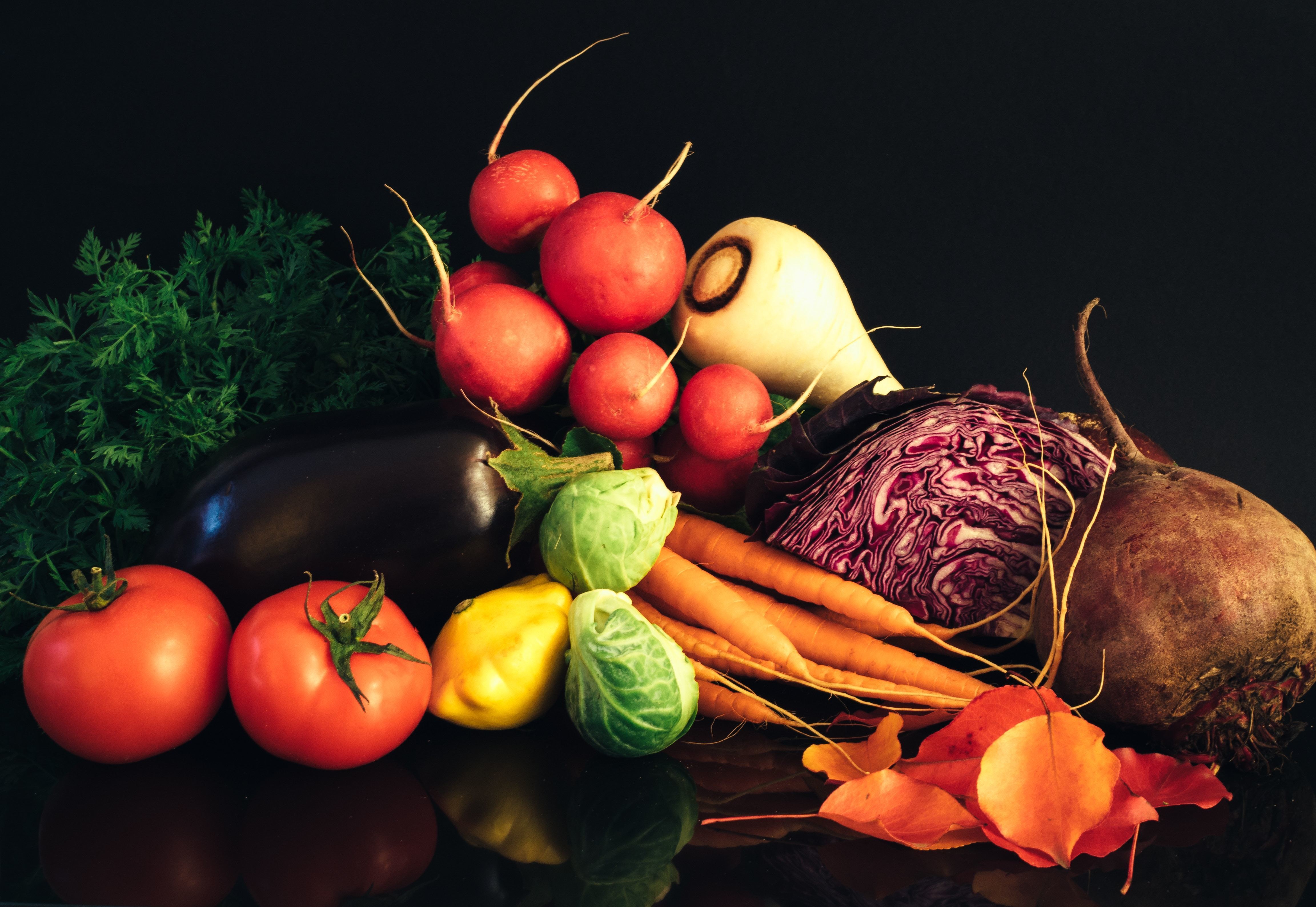
Low birth weight
A weakened immune system
Cancer
Skin allergies
Estrogen mimicking hormonal issues (endocrine disruption3)
Irritable bowel syndrome
Acne
Respiratory issues
Decreased fertility
Heart disease
Obesity
WHAT TO DO INSTEAD: Eat organic, non-packaged fruits, vegetables, nuts, seeds, legumes, and sprouts whenever possible.
3) All Fats Aren’t Evil, Only Artificial Trans-Fats Are
Fat was made the enemy by the sugar industry. Clever sugar industry magnates simply distracted us from the real enemy: refined sugar. Fats are an important part of a healthy diet, as long as you eat the right ones.
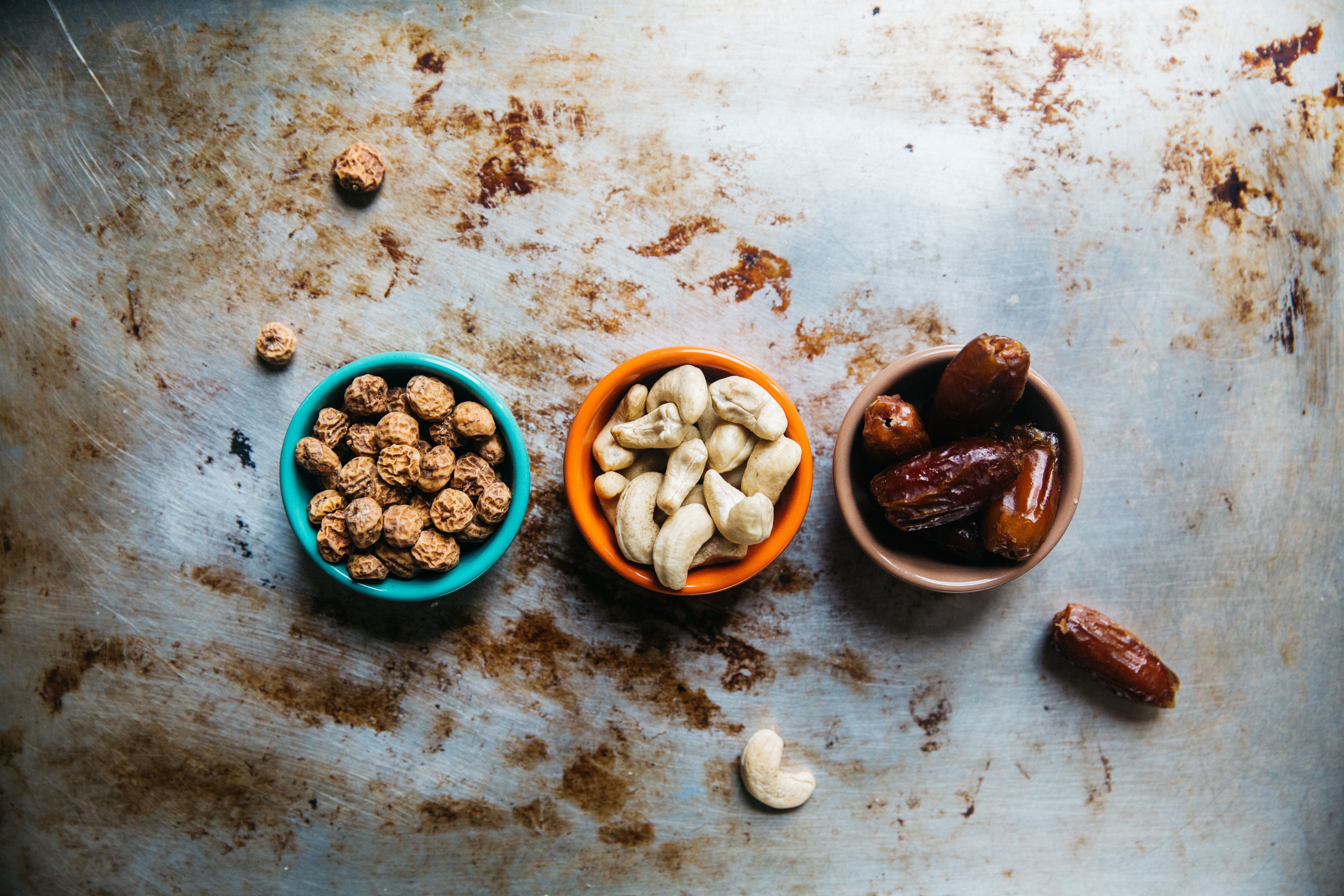
Artificial trans fats are a form of unsaturated fat that have at least one double bond. The chemical structure of these artificial fats was altered to be this way in a lab. Their hydrogen atoms are on the other side of double bond4.
This differs from the natural, healthy fats that you might find in an avocado, hemp or olive oil, and coconuts as well as in conjugated linoleic acid (CLA) which is one of the healthiest fats you could ever eat.
Industrial trans fats5 are created with a highly involved process which makes them entirely unfit for human consumption, yet food manufacturer’s use them because they are cheap. Hydrogenated trans fats – the fats that have been altered like this are put in vegetable oils because it helps keep them on shelves in grocery stores longer without them turning rancid, but they wreak havoc in your body6.
WHAT TO DO INSTEAD: Eat nuts, chia seeds, hemp seeds, avocados, coconuts, and olives. These are super healthy fats that will promote energy, keep you feeling full, lubricate your joints, fuel your brain and help you sleep better at night.
4) You’re Eating Way More Calories Than You Think
Most Americans are eating way too many calories based on their lifestyles. While some of us need more calories if we’re training for a marathon or are extremely active, most of us can get by on around 1850 calories for women and 2000 calories for men, daily. (This is an average of course. If you are 6-foot-7 you’re going to need to eat more).
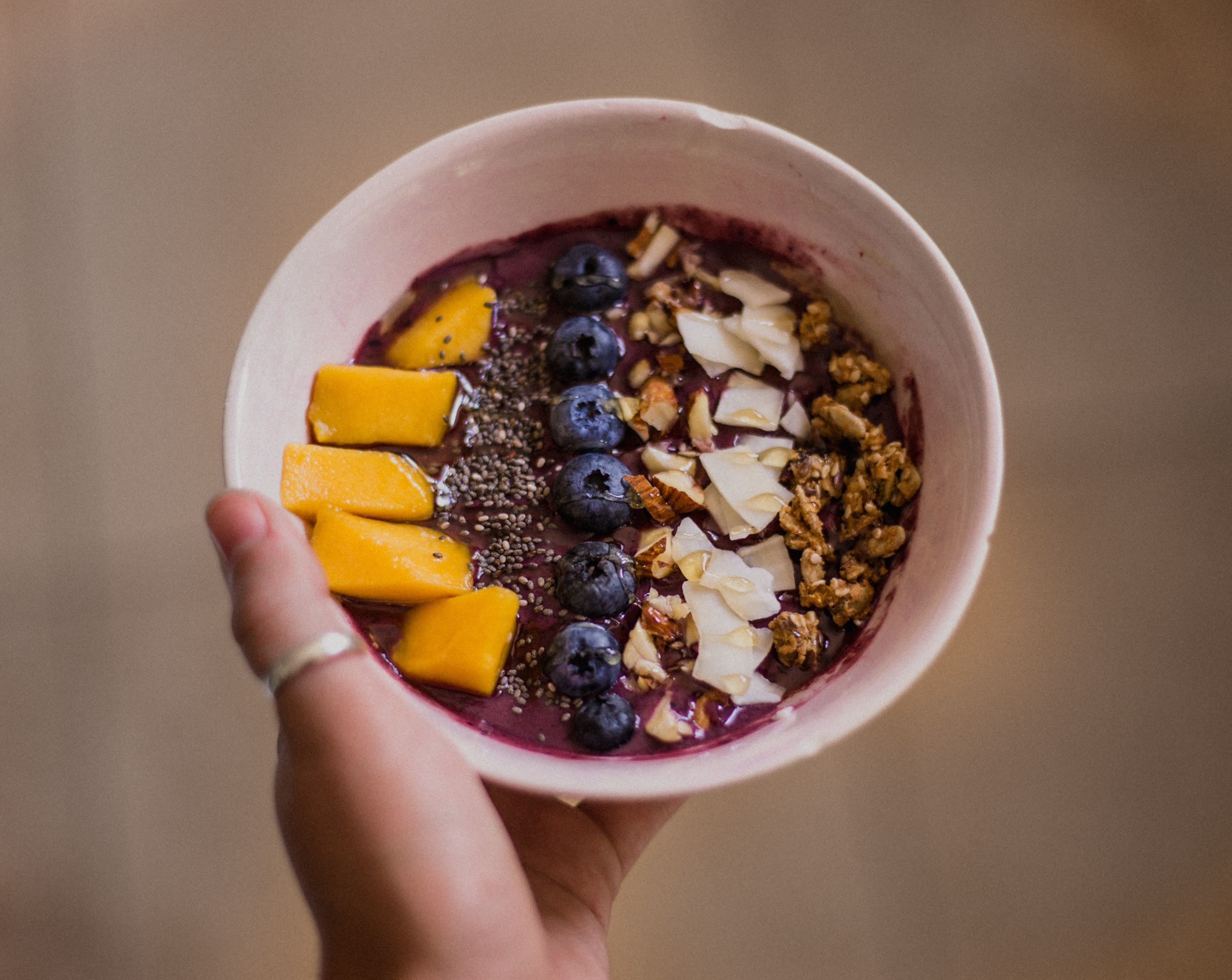
However, the average American eats at least 304 more calories than they need daily – about the equivalent of two sugary sodas – which would cause them to gain an extra 31 pounds, leading to obesity and other health issues.
WHAT TO DO INSTEAD: Focus on food quality rather than quantity. This will help you feel full faster and stop the carb/sugar roller coaster which makes you want to eat more. Also, forgo processed foods, and try to eat smaller portions, slowly. It can take up to 20 minutes for your body to register that you are full.
5) You’re Eating More Sugar Than You Think
You don’t eat cookies, candy, and other sweets, but you may still be eating more sugar than you think.
Sugar is one of the most low-value foods on the planet. We need it, but only in its natural form, where it enters the gastrointestinal tract with things like fiber or pectin to help slow its uptake into our bloodstream.
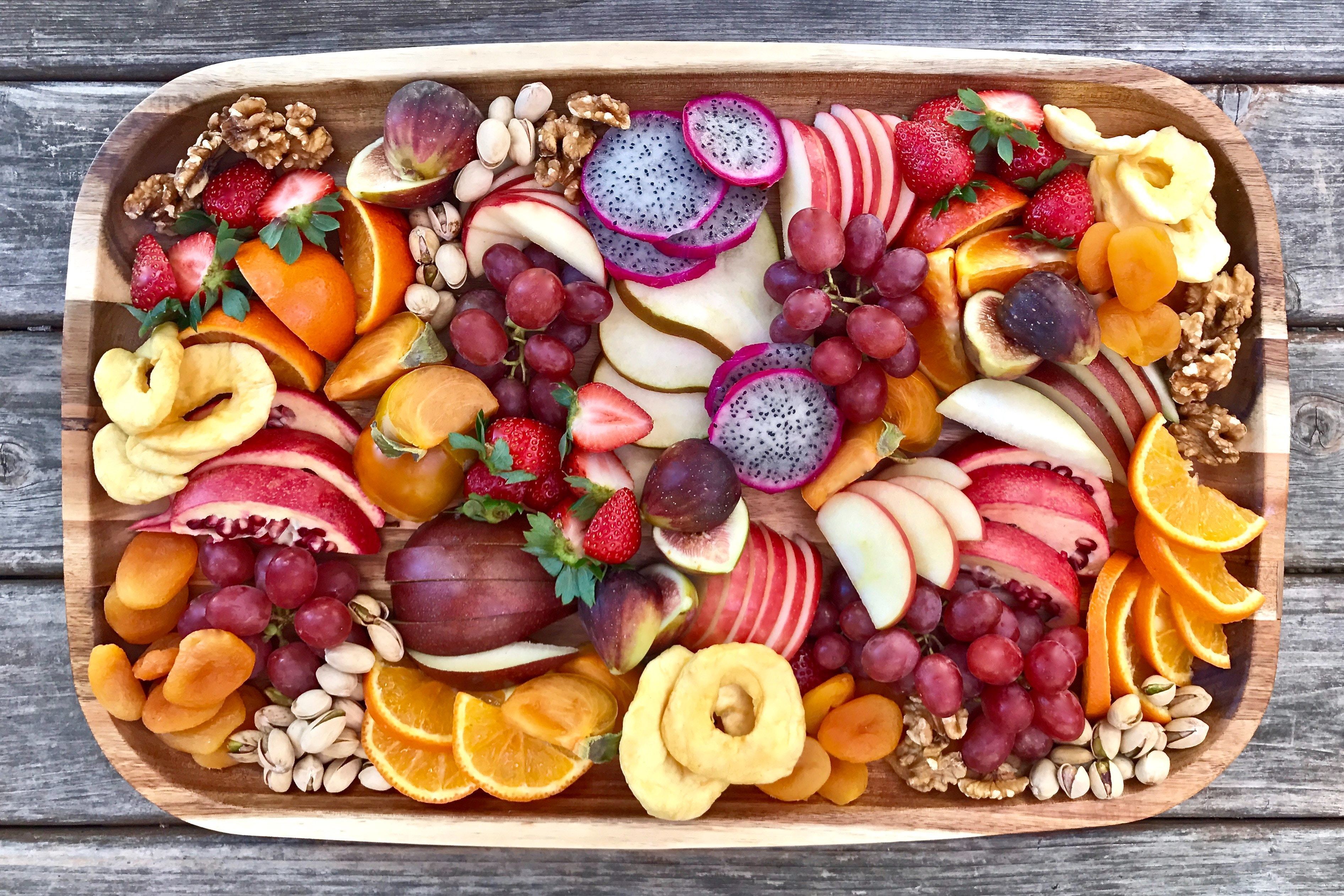
Foods like pasta sauce, packaged breakfast foods, and even “diet” foods often contain too much sugar.
WHAT TO DO INSTEAD: If you crave something sweet, eat a sweet potato or have a piece of fruit. These are foods that the body can healthfully process without causing your insulin levels to spike.
6) You Are Nutrient Starved
You need a proper balance of micro nutrients and macro nutrients to be healthy. Because of soil depletion and an increased exposure to toxic chemicals in our water, air, and food, your body is literally starving for the nutrients that it needs.
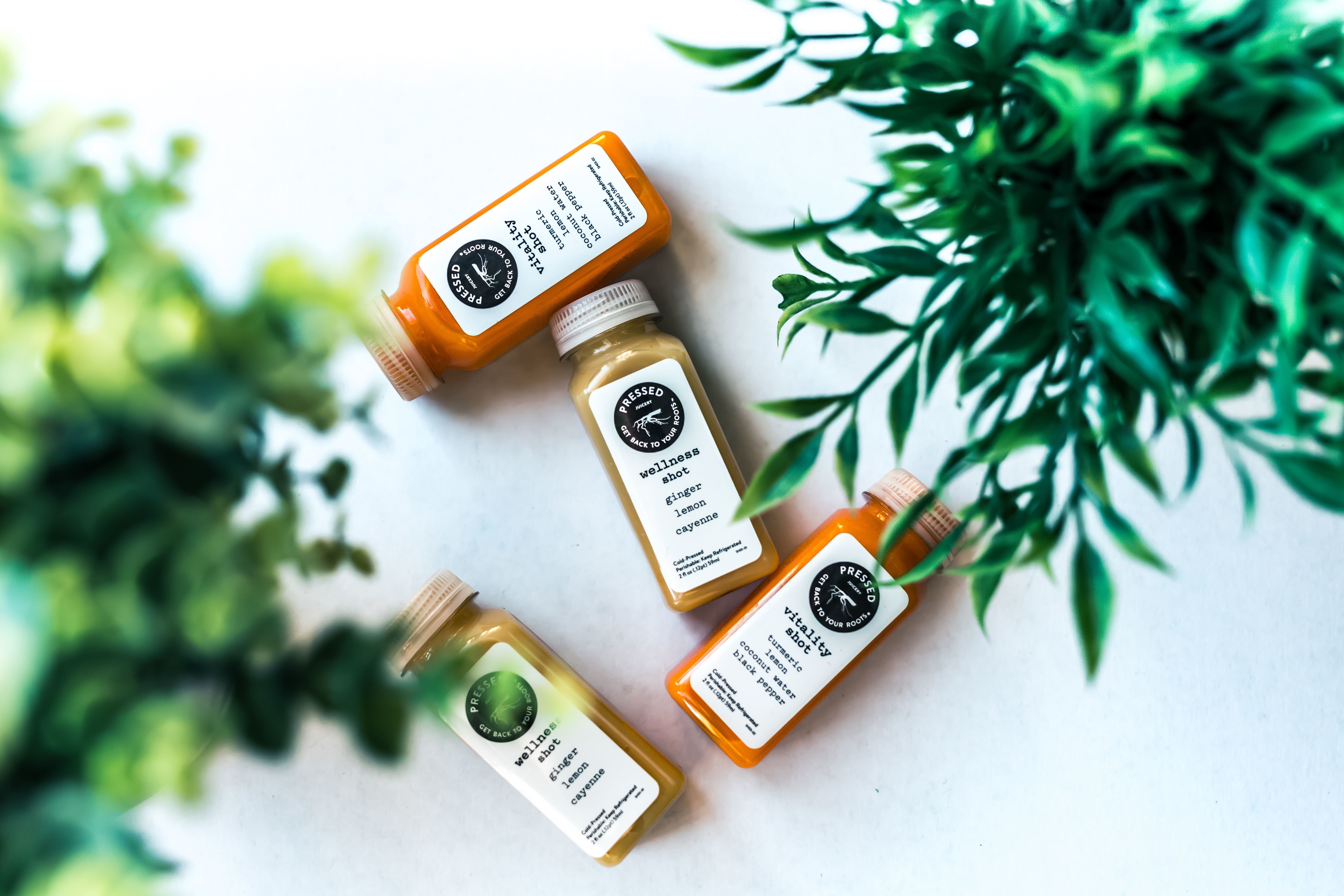
Even if you eat organic food, you are still likely not getting enough nutrition to really thrive because food grown in soil today7 is not the same as it was 50 to 100 years ago.
Due to toxic overload, your body cannot assimilate nutrients from the foods that you do eat, so vital aspects of your overall daily requirements can lead to long-term, chronic nutrient depletion. This leads to a host of health issues ranging from lethargy to cancer.
WHAT TO DO INSTEAD: You can help your body get all the vitamins, minerals, fats, healthy carbohydrates, and amino acids it needs by choosing good supplements.
References:
- National Institute of Environmental Health Sciences. (2018, May 21) Endocrine Disruptors. https://www.niehs.nih.gov/health/topics/agents/endocrine/index.cfm
- Chemicals in Food. https://www.ewg.org/key-issues/food/food-toxins#.W52N7iOZOqA
- EWG (2014, November 12). EWG's Dirty Dozen
Guide to Food Additives: Generally Recognized as Safe - But is it?. https://www.ewg.org/research/ewg-s-dirty-dozen-guide-food-additives/generally-recognized-as-safe-but-is-it#propyl-gallate
- Leech J. (2017, June 4). Why Are Trans Fats Bad For You? The Disturbing Truth. https://www.healthline.com/nutrition/why-trans-fats-are-bad
- Harvard Health Publishing (2018, August 13) The truth about fats: the good, the bad, and the in-between. https://www.health.harvard.edu/staying-healthy/the-truth-about-fats-bad-and-good
- Berkeley Wellness (2018, October 14). Ask the Experts: Hydrogenated Oils. http://www.berkeleywellness.com/healthy-eating/food/article/hydrogenated-oils
- Scheer, R. et al. Earth Talk. Dirt Poor: Have Fruits and Vegetables Become Less Nutritious? https://www.scientificamerican.com/article/soil-depletion-and-nutrition-loss/
